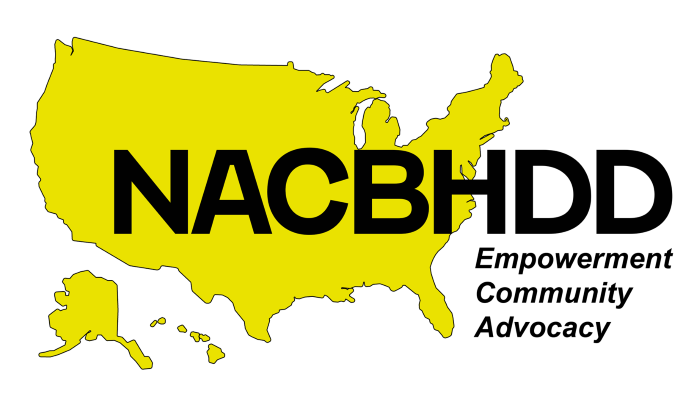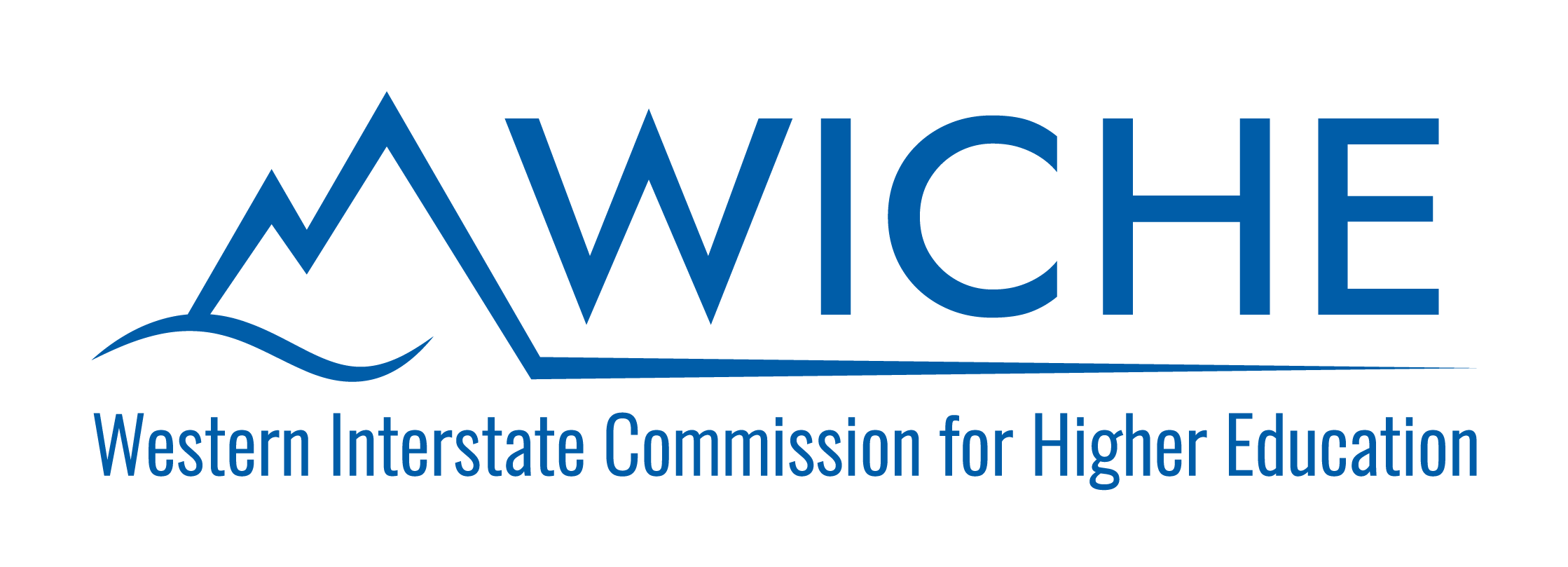Presented by:




2022 Conference Presentations
BEHAVIORAL HEALTH WORKFORCE: FUTURE DIRECTIONS AND INITIATIVES
The 63RD Annual Conference
The NASW-LA approved 17 hours of Continuing Education for the in-person conference attendees.
AGENDA & PRESENTATIONS
- Pre-Conference: Sunday November 13th RESPONDING TO ADULT AND CHILD CRISES NOW. THE QUESTION IS HOW?
This session examined behavioral health workforce issues impacting child and adult crisis systems and workforce issues as well as a range of potential solutions. A panel of state and national experts will engage attendees in a discussion of the current landscape of crisis systems, lessons learned from implementation, and ways to address known or predicted issues in behavioral health crisis response. Discussions will include working with adults and children in crisis; the role of peers and family members; integrating diversity, equity and inclusion in policy and practice; and other special initiatives currently underway.
Presenters: Linda Henderson-Smith, Beacon Health Options; Lisa St. George, Recovery Opportunity Center; Jeff Vanderploeg, Child Health Development Institute Connecticut; Ann Darling, Louisiana Department of Behavioral Health; Sarah Becker, Child Health Development Institute.
Moderator/Presenter: Stephen Phillippi, Louisiana State University
- Session 1: Monday, November 14th Opening Remarks and Building a National Framework to Address the Mental Health Workforce Crisis: How Can We Coordinate Our Efforts to Address the Critical Workforce Shortage?
A priority need identified by national, state, local and professional behavioral health organizations in the focus groups convened by NDBH was a national framework with
federal resources to inform, guide and support behavioral health workforce development. This session will cover options for federal action regarding behavioral health
workforce, particular concerns of different professional groups/organizations and actions to address them, actions that can be taken at state and local levels to support a
national framework and next steps to move forward with developing and implementing a national agenda.
Presenters: Miriam Delphin-Rittmon, Substance Abuse and Mental Health Services Administration (SAMHSA); Vijay Ganju, President, National Dialogues on Behavioral Health; Cynthia Harne, Health Resources Services Administration (HRSA); Kirsten Beronio, Center for Medicaid and Medicare Services (CMS); Jannette Dupuy, Isabel Gorgoroso, Caren Howard, Mental Health America; Dana Foglesong, Magellan Health; Ken Thompson, Pennsylvania Psychiatric Leadership Council; Sheri Dawson, Nebraska Department of Health and Human Services.
Moderator: Meighan Haupt
Presentations:
SAMHSA’s Approach to Enhancing the Behavioral Healthcare Workforce: Miriam E. Delphin-Rittmon, PhD, Assistant Secretary for Mental Health and Substance Use, Substance Abuse and Mental Health Services Administration, U.S. Department of Health and Human Services;
Rethinking and Building the Behavioral Health Workforce; Conference Introduction and Overview: Vijay Ganju, President, National Dialogues on Behavioral Health;
HRSA’s Behavioral Health Initiatives: Cynthia Harne, MSW, LCSW-C, Chief, Medical Training and Geritrics Branch, Division of Medicine and Dentistry, Bureau of Health Workforce;
HRSA | BPHC, Health Center Behavioral Health Programs: Jannette Dupuy, Director, Quality Unit, Office of Quality;
Division of Nursing and Public Health Behavioral Health Initiatives: Isabel Gorgoroso, BSN, RN, Team Lead, Behavioral and Public Health Branch, Division of Nursing and Public Health; Bureau of Health Workforce;
Behavioral Health Care Workforce – Opportunities in Medicaid and CHIP: Kirsten Beronio, Center for Medicaid and Medicare Services (CMS)
Expanding and Extending the Behavioral Health Workforce In Pennsylvania: What Are the New Roles and New Settings?: Kenneth S. Thompson, MD, Medical Director, Pennsylvania Psychiatric Leadership Council, Executive Director, Visible Hands Collaborative;
- Session 2: Tuesday November 15th Recruiting Non-Traditional and Traditional Providers into Behavioral Health: How Can We Get People to Work in the Field? & Workforce Retention Strategies: Now That We’ve Got Staff, How Do We Keep Them?
Reframing the delivery system must include a population/public health approach. It is critical that strategies must be put in place to recruit and support individuals who
enter the workforce through traditional means and provide incentives such that they see the value in continuing to remain in the field. At the same time, we must also recruit a new cadre of providers (e.g., peers, family members, community health workers, etc.) who may or may not hold advanced degrees who can be trained to successfully initiate early preventive, harm reduction and recovery interventions. This session will focus on emerging strategies for recruiting, training, and financially supporting individuals in traditional roles and non-traditional roles. The behavioral health workforce shortage has created intense competition to “hire-up”, forcing managers to compete for experienced, seasoned employees, who can hit the proverbial “ground running”. This session will focus on unique and proven approaches currently being used to retain talented and proven employees, as well as newly recruited staff
Presenters: Alexis Kirk and Jessica Reed, Centerstone Tennessee; Javonda Williams Moss, University of Tennessee, School of Social Work; Dennis Mohatt, Western Interstate Commission on Higher Education; Tonja Myles, Set Free Indeed Ministry; Jennifer Black, Beacon Health Options; ; Brian Edds, AbleTo; Carrie Slatton-Hodges, Oklahoma Department of Mental Health and Substance Abuse
Moderators: Jan Kasofsky and Mary Smith
Presentations:
Shifting our Focus of Control: Mitigating Burnout and Supporting Staff: Alexis Kirk, PhD, MSPH; Jessica Reed;
Barriers and Strategies for Recruitment of Social Workders to the Behavioral Health Workforce: Javonda Williams Moss, University of Tennessee, School of Social Work;
Behavioral Health Workforce Strategies that Work: Dennis Mohatt, Vice President, Behavioral Health, WICHE
Leveraging Technology to Engage Individuals in Care: Jennifer Black, LPC, Beacon Health Options
Digitally Enabled Comprehensive Behavioral Health Solution: Brian Edds, AbleTo;
Sustaining and Increasing Services Through Virtual Means in Oklahoma: Carrie Slatton-Hodges
Medicine for the Mind, Not the Gut: Todd Wurtz;
- Session 3: Wednesday November 16th Advocating for the Future System: How Will We Fund and Sustain the Future Behavioral Health Workforce?
The major challenge for implementing the innovative approaches and models that have been identified in earlier sessions of the conference is funding. Historically, federal resources to support behavioral health workforce initiatives were more centralized but are now dispersed across several federal agencies. Even with the new resources that are now available for behavioral health workforce development, the issue remains as to how these initiatives will be sustained and built upon over time. Similarly, state and local resources for workforce development, technical assistance and training are limited at best. This session will cover strategies to advocate for funding at national, state and local levels to address behavioral healthcare shortages that have been identified and build an infrastructure to sustain these initiatives Realistic reimbursement models and the focus on attaining parity between behavioral health and physical health systems will contribute to increasing the resource pool but these mechanisms address the issue of funding
for services more directly than for workforce development. A new, coordinated strategy is needed to build the behavioral health workforce of the future. This session will provide a description of initiatives that are currently in place to develop such funding streams and to provide recommendations of initiatives and options to build upon these to develop funding mechanisms for workforce development in the future ring the pandemic, in both urban and rural areas? This session will cover these topics, again with the perspective of developing concrete recommendations and action steps.
Presenters: Neal Bowen, New Mexico Behavioral Health Services; Division; Amy Brinkley, National Association of State Mental Health Program Directors; Jonah Cunningham, National Association of County Behavioral and Developmental Disability Directors; Ron Maderscheid, Capstone Solutions Consulting Group; Karen Stubbs and Amanda H. Joyner, Louisiana Office of Behavioral Health;
Moderator: Brian Hepburn
Presentations:
Addressing Workforce Challenges: Dr. Neal Bowen, New Mexico Behavioral Health Services Division;
Advocating for the Future System: How Will We Fund and Sustain the Future BH (Peer) Workforce?: Amy Brinkley, National Association of State Mental Health Program Directors;
Update on Federal Mental Health and SUD Efforts: Jonah Cunningham, President & CEO, NACBHDD/NARMH;
NDBH Taking Action On Our Human Resource Crisis: Ron Manderscheid, PhD, Capstone Solutions Consulting Group & Johns Hopkins University & University of Southern California;
Expanding the Workforce in Louisiana and Fiscal Mechanisms for Sustainment: Karen Stubbs, JD, Louisiana Office of Behavioral Health, Assistant Secretary & Amanda H. Joyner, Louisiana Office of Behavioral Health, Deputy Assistant Secretary;